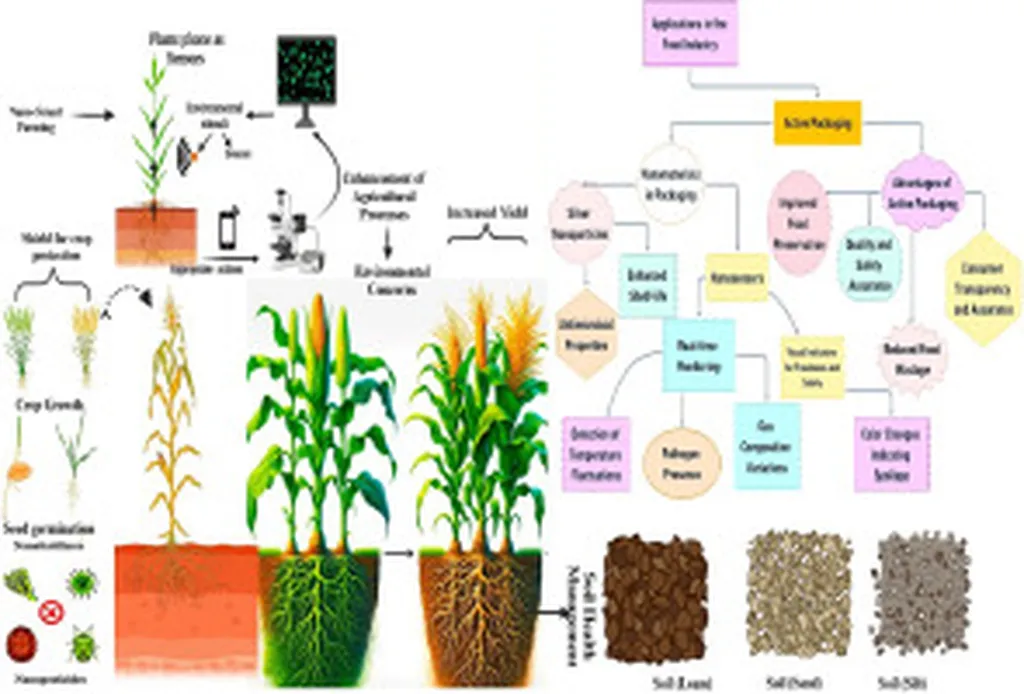In the quest for sustainable agriculture and waste management, a groundbreaking study published in *Industrial Crops and Products* has unveiled a dual strategy that not only enhances fruit flavor but also mitigates health risks associated with agricultural practices. The research, led by Yao Shen of the Jiangsu Key Laboratory of Anaerobic Biotechnology at Jiangnan University, explores the potential of sludge-derived nutrient stimulants (SNS) as a sustainable agricultural amendment.
SNS, produced through alkaline thermal hydrolysis of municipal sludge, has shown remarkable promise in transforming waste into a valuable resource. “Our findings position SNS not merely as a bio-stimulant, but as a multifaceted tool for circular economy agriculture,” Shen explained. This innovative approach addresses waste recycling and fruit quality enhancement simultaneously, offering a sustainable solution for modern agricultural challenges.
The study revealed that applying SNS significantly improved the flavor attributes and nutritional profiles of fruits. It promoted the conversion of alcohols and aldehydes into aromatic esters, effectively reducing bitterness and astringency. This enhancement in flavor quality could have substantial commercial implications for the agriculture sector, potentially increasing market value and consumer satisfaction.
Beyond flavor enhancement, SNS application demonstrated a notable reduction in synthetic pesticide reliance. Residual pesticide levels were slashed by eight-fold, ensuring that all measured health risks remained below safety thresholds. This finding is particularly significant in an era where consumers are increasingly concerned about pesticide residues in their food.
Metabolomic analysis further indicated that SNS application activated key metabolic pathways, including the tricarboxylic acid (TCA) cycle, anthocyanin biosynthesis, and the Ascorbate-Glutathione (AsA-GSH) cycle. These activations improved carbon-nitrogen metabolism, fruit coloration, antioxidant capacity, and potential health benefits. “This integrated strategy for sludge management, pesticide mitigation, and reduced environmental footprint paves the way for circular agriculture and sustainable environmental management,” Shen added.
The commercial impacts of this research are profound. Farmers could potentially reduce their reliance on synthetic pesticides, lowering production costs and environmental impact while enhancing the quality and safety of their produce. This could lead to a more sustainable and profitable agricultural sector, aligning with the growing demand for eco-friendly and health-conscious products.
As the agriculture sector continues to evolve, the adoption of innovative technologies like SNS could shape the future of sustainable farming. This research not only highlights the potential of sludge valorization but also underscores the importance of integrating waste management and agricultural practices for a more sustainable future.
With the findings published in *Industrial Crops and Products* and led by Yao Shen from the Jiangsu Key Laboratory of Anaerobic Biotechnology at Jiangnan University, this study offers a compelling case for the broader adoption of SNS in agriculture. As the world seeks sustainable solutions to pressing environmental and agricultural challenges, this research provides a promising path forward.

